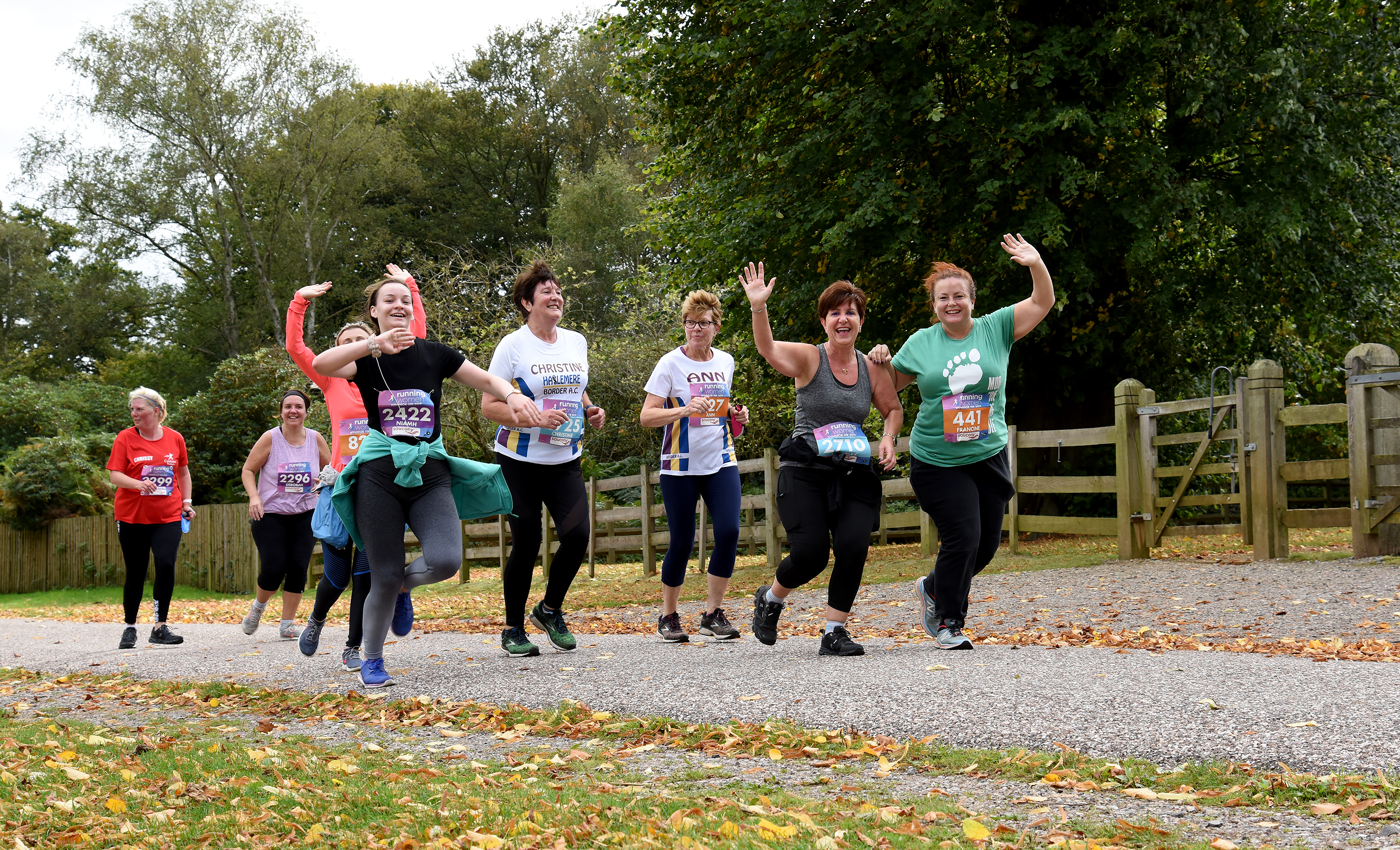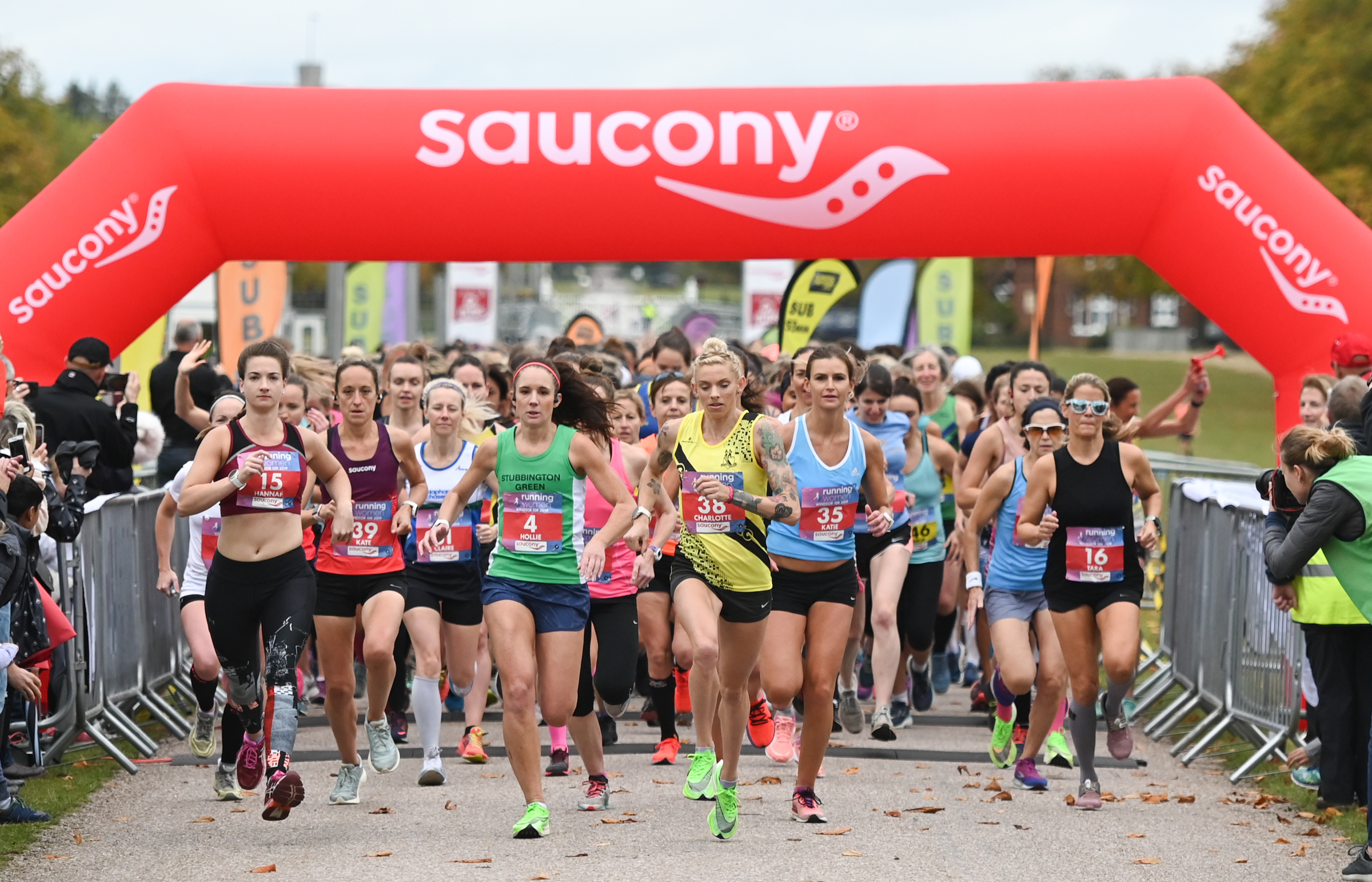Meal Tips & Nutrition Advice For Faster Running Time
Your easiest-ever healthy eating tips to help you train harder and run faster.
What’s your running goal for 2025? If you want to get faster, it’s time to think about your nutrition. Not sure where to start? Here are the key areas to consider.
Revisit your calorie output
Your body burns a lot of calories just existing and moving around. Then add your running calories on top of that. It’s a good idea to revisit your calorie numbers (use a website like https://tdeecalculator.net/) so you can be sure you’re eating the right amount.
Calories are energy (you might need more!)
As women, we’ve been sold the idea that calories are the enemy and should be “cut” at any opportunity. But the truth is, calories are a unit of energy, and we need plenty of energy to run! So make sure you’re eating enough.
Eating too much will lead to weight gain (which is bad news for running speed). But eating too little will lead to weight loss and could have a negative impact on your running performance. If you need to lose a bit of weight in order to run faster, create a small calorie deficit.
Macronutrients for running
Macronutrients are carbohydrates, proteins, and fats in food. As runners, we need plenty of carbohydrates (for energy) and protein (for health connective tissue). This may mean eating a little less fat. You should never cut one macronutrient out completely. But remember that overall calorie intake will dictate your weight and energy levels.
Aim for an even split of 40% calories from carbohydrates, 40% from protein, and 20% from fats and adjust from there to suit your eating preferences.
How often should you eat?
Does it really matter how many meals you eat in a day? Not really, although it is important to fuel your training properly. For most people, this will end up being 3 meals and 1-2 snacks. But if that really doesn’t work for you, don’t stress about it.
Just make sure your meal frequency doesn’t leave you too hungry (as this can lead to overeating at the next meal). And always make sure you are adequately fuelled up for a training run, with carbohydrates, a little protein, and plenty of fluids.
What are your food habits?
If you’re struggling to improve your running times, look at your food habits to identify areas that may be holding you back. If you are carrying excess body weight, look for habits that lead to extra calories (common culprits are snacking, large portion sizes, overeating at night). If you lack energy to push hard on runs, look for habits that leave you under fuelled (such as cutting calories, low carbs, or long periods between meals).
Common mistakes to avoid
1) Not eating enough – remember, your body needs a significant amount of energy (calories) to exist, let alone to be a focussed runner!
2) Cutting calories too low when losing weight – you might need to lose a bit of weight to get faster at running, but don’t suddenly slash your calories too low
3) Running on empty – always have something high in carbohydrates to eat before you run, even if it’s small
4) Not eating enough carbohydrates – carbs are the body’s preferred source of energy and are “protein sparing”, so make sure your daily diet isn’t too low carb
5) Forgetting about recovery nutrition – whatever you eat after your run will help your body recover and rebuild for your next training run
A sample meal plan for a training day
Breakfast
Porridge or overnight oats with berries, high protein yoghurt (or protein powder stirred in). Water. Tea or coffee.
Lunch
Eggs on toast or a chicken wrap + a couple of pieces of fruit.
Dinner
Chicken and vegetable tray bake served with rice or baked potato.
Pre-run snack
Banana or mixed chopped fruit + half a bagel or English muffin with peanut butter
Similar Posts:
- Meal Tips & Nutrition Advice For Faster Running Time
- Everyday Nutrition To Train For A 10K
- Create Your Best Ever January Diet – That’s Not A Diet!
- The Best Foods To Eat To Fuel Your Run
- Build Your Own Perfect Pre-Race Meal
- Post-Run Snacks For Runners And Weight Loss




Add Comment